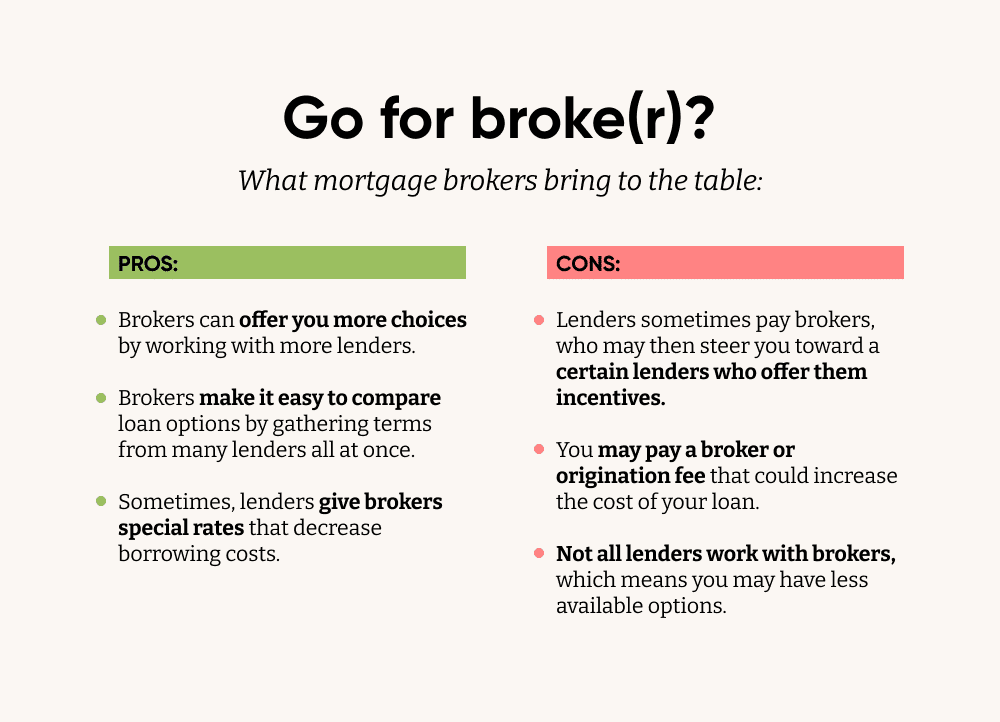Advantages of a Jumbo Loan for Luxury Property Purchases
Advantages of a Jumbo Loan for Luxury Property Purchases
Blog Article
Recognizing What a Jumbo Car Loan Entails and How It Differs From Standard Car Loans
Navigating the details of big lendings discloses a funding alternative tailored for those venturing right into high-value real estate, typically going beyond the limitations established by the Federal Real Estate Money Company. The significant danger connected with big loans requires extra stringent qualification demands, consisting of higher credit report scores and substantial down repayments.
Interpretation of Jumbo Car Loans
Jumbo car loans are a kind of home loan that go beyond the adapting lending limits set by the Federal Real Estate Financing Agency (FHFA) These lendings provide to borrowers that need to fund homes that are much more expensive than what standard car loan limitations allow. The FHFA develops annual adjusting finance limitations, and any kind of loan exceeding these thresholds is classified as a big loan.
Usually, jumbo car loans are utilized in high-cost property markets where home prices dramatically go beyond nationwide averages, such as in urban areas or luxury housing industries. As these fundings are not qualified for purchase by Fannie Mae or Freddie Mac, they lug inherent risks for loan providers due to their larger dimension and non-conformity (jumbo loan). Lending institutions usually enforce a lot more strict qualification requirements for big car loans than typical adjusting finances.
Consumers seeking jumbo financings have to typically demonstrate a solid economic account, consisting of a greater credit report score, durable earnings verification, and substantial deposit, typically 20% or more. Furthermore, lenders might require much more extensive documents to assess the debtor's capacity to take care of larger monthly payments. Recognizing the specific characteristics of jumbo car loans is essential for possible consumers navigating this segment of the home mortgage market.
Traditional Fundings Summary
While jumbo finances cater to high-value home funding, standard finances stand for the even more common home loan choice in the real estate market. These fundings are not guaranteed or guaranteed by any type of government entity, such as the Federal Housing Management (FHA) or the Division of Veterans Matters (VA) Rather, they are backed by private lending institutions and stick to guidelines established by government-sponsored ventures (GSEs) like Fannie Mae and Freddie Mac.
Standard loans are generally used with repaired or adjustable interest rates and differ in regards to period, commonly covering 15 to thirty years. Customers commonly prefer traditional finances for their predictable month-to-month repayments, which can assist in long-lasting economic preparation. Furthermore, they are available for key homes, second homes, and financial investment buildings, offering flexibility to satisfy diverse consumer needs.

Secret Distinctions Between Car Loans
Understanding the subtleties in between various kinds of loans is essential for potential property buyers browsing the complicated home loan landscape. At the leading edge of this decision-making process are jumbo car loans and standard lendings, each possessing distinctive attributes and offering internet various debtor demands. The key distinction rests in the funding amount. Jumbo loans surpass the conforming car loan limits established by the Federal Housing Finance Agency (FHFA), which vary by area. On the other hand, traditional financings stick to these restrictions and are usually acquired by government-sponsored entities like Fannie Mae and Freddie Mac.

In addition, the deposit needs can differ substantially. Big loans normally call for larger down repayments, occasionally going beyond 20%, to reduce risk. Standard loans, alternatively, may permit reduced deposits, with some programs approving as low as 3% for qualified customers.
Certification Demands
Safeguarding a big finance involves fulfilling more rigorous qualification needs contrasted to standard lendings, reflecting the raised threat to loan providers. These financings, which go beyond the adapting car loan restrictions established by the Federal Housing Money Company (FHFA), are not qualified for acquisition by Freddie Mac or Fannie Mae, therefore revealing loan providers to better monetary threat - jumbo loan. As an outcome, borrowers must show a high credit reliability and monetary security
A robust credit rating, generally this contact form 700 or higher, is vital for authorization. Lenders additionally expect a lower debt-to-income (DTI) ratio, often not exceeding 43%, making certain that consumers can manage substantial regular monthly settlements together with various other monetary responsibilities. A substantial cash money reserve is usually needed, frequently amounting to 6 months of mortgage repayments, to guarantee lenders of the debtor's economic durability.
Deposit assumptions are additionally elevated, regularly starting at 20% or even more of the building's value. While this is a safeguard for loan providers, it requires considerable ahead of time capital from debtors. In addition, evidence of constant, adequate earnings is crucial, generally confirmed via tax obligation returns, W-2s, and current pay stubs. Freelance individuals might need to give additional documentation, such as earnings and loss declarations, to confirm their revenue stability.
Choosing the Right Financing
Navigating the complexity of big car loans calls for careful factor to consider when selecting the most ideal financing choice. With the wider series of choices readily available to those seeking jumbo fundings, the decision-making procedure should include a thorough evaluation of one's financial profile and long-lasting goals. Unlike traditional car loans, big car loans often come with more stringent demands and varied rates of interest, which demand extensive study and a clear understanding of one's economic standing.
When choosing between different big finance offerings, it is important to examine the lending terms, including rates of interest, repayment schedules, and connected charges. Borrowers should contrast the rates provided by various loan providers to ensure they safeguard the most favorable terms. In addition, comprehending the ramifications of taken care of versus variable-rate mortgages (ARMs) is crucial, as each alternative provides distinct advantages and threats depending upon market problems and individual monetary techniques.
Engaging with a financial advisor or mortgage broker can give beneficial understandings tailored to specific situations. These professionals can aid in browsing the nuances of big finances, making sure that borrowers are educated and equipped to choose a finance that lines up with their financial goals, ultimately promoting a smoother home-buying process.
Verdict
In summary, jumbo lendings function as a financial tool for obtaining high-value residential or commercial properties, demanding stringent qualification needs and greater rate of interest as a navigate to this website result of the raised danger for lenders. Unlike traditional car loans, which satisfy FHFA limits and might receive support from Fannie Mae or Freddie Mac, big financings call for a minimum credit history of 700 and substantial down repayments. Understanding these distinctions is critical for customers in high-cost actual estate markets to figure out the most appropriate funding option for their needs.
The FHFA establishes annual adjusting lending restrictions, and any kind of funding surpassing these thresholds is classified as a jumbo financing.
At the leading edge of this decision-making process are conventional financings and big financings, each possessing unique attributes and offering various debtor demands.Securing a jumbo loan includes satisfying more strict qualification requirements compared to conventional car loans, reflecting the increased danger to lenders. Unlike conventional financings, jumbo loans usually come with stricter demands and varied interest prices, which require comprehensive research study and a clear understanding of one's economic standing.
Unlike traditional lendings, which conform to FHFA limitations and might get support from Fannie Mae or Freddie Mac, jumbo financings need a minimal credit report score of 700 and substantial down payments.
Report this page